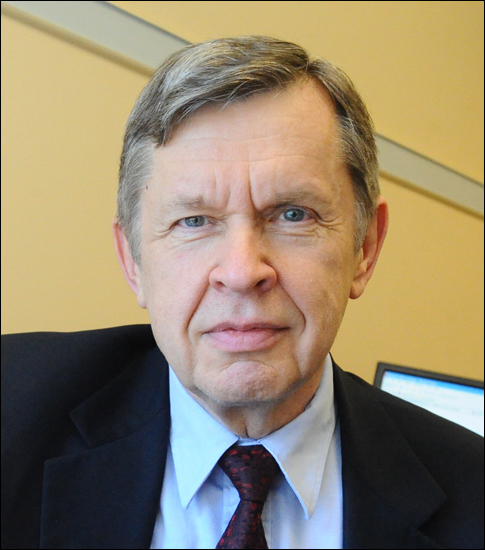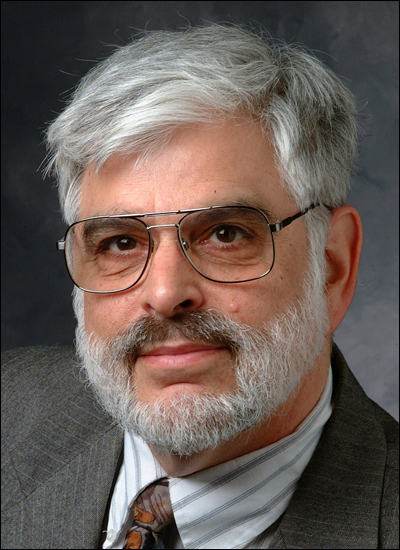The 2020 prize was awarded for the Aho and Ullman’s work in “fundamental algorithms and theory underlying programming language implementation,” and also for “synthesizing these results and those of others in their highly influential books, which educated generations of computer scientists.”
Beginning with their work at Bell Labs in 1967, Aho and Ullman laid the foundations for modern compiler technology. Compilers are the software that translate computer programs written in some programming language into efficient machine code that is executed by the computer. Without modern high-level programming languages and the compilers that translate them to machine code, programming computers would be an incredibly labor- and time-intensive task, and would undoubtedly result in code that is many times more prone to failures and many times more difficult to maintain.
Compilers are used in every aspect of modern computing, from apps that run on smartphones, to database query and update software controlling large-scale corporate databases, to sophisticated climate modeling codes running on the world’s most powerful highly parallel supercomputers. Every time one interacts with a smartphone, orders an item online, pays a bill using an online banking facility, or accesses a local weather forecast, one should thank not only the the engineers who designed the hardware chips of your computer and the remote computer, and the programmers who programmed the software on both ends, but also the computer scientists, including Aho and Ullman, who laid the foundations for compilers that make programming these computers possible.
It is worth noting that the principles set forth in the work of Aho and Ullman are being used to design compilers for future quantum computers that rely on quantum superposition of atomic-scale particles to perform certain special tasks far faster than is possible with conventional computers.
Aho and Ullman are also the co-authors of two very widely used textbooks in the field: The Design and Analysis of Computer Algorithms (co-authored with John Hopcroft) and Principles of Compiler Design. The latest edition of the latter work is Compilers: Principles, Techniques and Tools (co-authored with Ravi Sethi and Monica Lam).
Jeff Dean of Google summed up their contributions in these terms:
Aho and Ullman established bedrock ideas about algorithms, formal languages, compilers and databases, which were instrumental in the development of today’s programming and software landscape. … They have also illustrated how these various disciplines are closely interconnected. Aho and Ullman introduced key technical concepts, including specific algorithms, that have been essential. In terms of computer science education, their textbooks have been the gold standard for training students, researchers, and practitioners.
For additional information, see the ACM Turing Award website and this New York Times report.

